Navigating Nashville: A Comprehensive Guide to the City’s Road Network
Related Articles: Navigating Nashville: A Comprehensive Guide to the City’s Road Network
Introduction
With great pleasure, we will explore the intriguing topic related to Navigating Nashville: A Comprehensive Guide to the City’s Road Network. Let’s weave interesting information and offer fresh perspectives to the readers.
Table of Content
Navigating Nashville: A Comprehensive Guide to the City’s Road Network
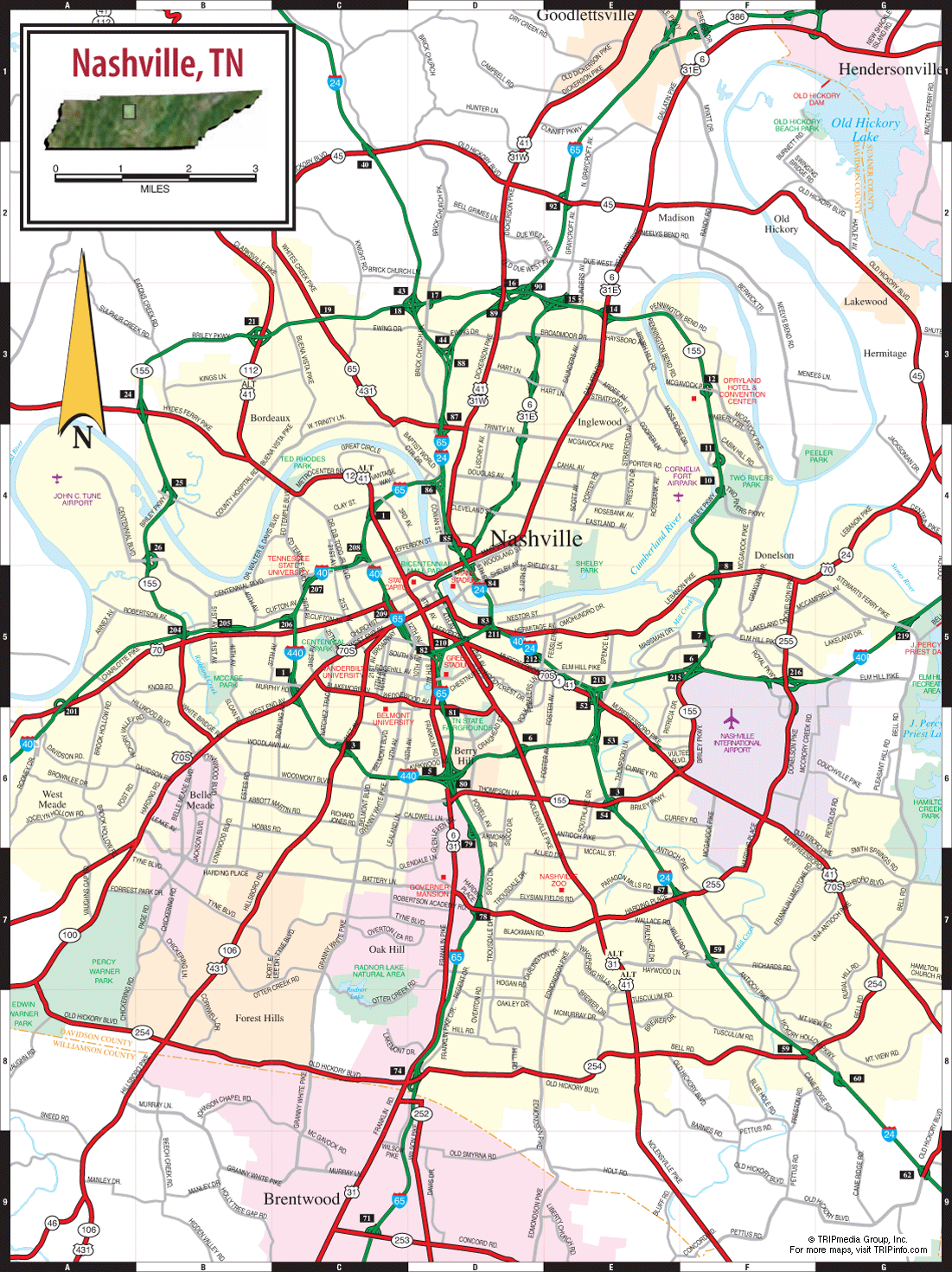
Nashville, Tennessee, a vibrant hub of music, culture, and history, boasts a dynamic road network that plays a vital role in its economic growth and daily life. This article provides a comprehensive overview of Nashville’s road infrastructure, exploring its key components, challenges, and future plans.
Understanding Nashville’s Road System:
Nashville’s road system is a complex tapestry of interstates, highways, state routes, and local roads, catering to the city’s expanding population and bustling economy.
Interstates:
- Interstate 40 (I-40): This major east-west interstate traverses the city, connecting Nashville to major metropolitan areas like Memphis, St. Louis, and Charlotte.
- Interstate 65 (I-65): Running north-south, I-65 connects Nashville to Louisville, Kentucky, and Birmingham, Alabama.
- Interstate 24 (I-24): A key east-west route, I-24 links Nashville to Chattanooga, Tennessee, and Louisville, Kentucky.
Highways:
- Highway 70: A major east-west route, Highway 70 connects Nashville to Knoxville, Tennessee, and Raleigh, North Carolina.
- Highway 100: A significant north-south route, Highway 100 connects Nashville to Clarksville, Tennessee, and Murfreesboro, Tennessee.
State Routes:
- State Route 3: This route connects Nashville to Murfreesboro and Chattanooga.
- State Route 44: This route connects Nashville to Franklin, Tennessee, and Huntsville, Alabama.
Local Roads:
Nashville’s local road network comprises a multitude of arterial, collector, and residential streets, providing access to neighborhoods, businesses, and public facilities.
Major Bridges:
- John Seigenthaler Pedestrian Bridge: This iconic bridge provides a scenic pedestrian link over the Cumberland River, connecting the downtown area to the Gulch.
- Shelby Street Bridge: A historic bridge that connects downtown Nashville to the East Bank.
- Broadway Bridge: A vital bridge connecting downtown Nashville to the West Bank.
Challenges and Future Plans:
Nashville’s road network faces challenges related to traffic congestion, infrastructure maintenance, and accommodating a growing population. The city is actively addressing these challenges through:
- Expanding road capacity: Projects like the widening of I-40 and the construction of new interchanges aim to alleviate congestion and improve traffic flow.
- Investing in public transportation: The city is expanding its bus network and exploring the feasibility of light rail and other transit options.
- Promoting alternative transportation: The city encourages walking, cycling, and ride-sharing as viable alternatives to driving.
The Importance of Nashville’s Road Network:
Nashville’s road network is crucial for its economic prosperity, providing essential connectivity for businesses, residents, and visitors. It facilitates the movement of goods, services, and people, contributing to the city’s vibrant economy.
Benefits of a Well-Functioning Road Network:
- Economic growth: A well-maintained and efficient road network fosters economic growth by facilitating trade, tourism, and business development.
- Improved quality of life: Reduced traffic congestion and improved access to amenities enhance the quality of life for residents.
- Enhanced safety: Proper road infrastructure, including well-maintained roads and clear signage, contributes to a safer driving environment.
- Environmental sustainability: By promoting alternative transportation modes, the city can reduce traffic congestion and associated air pollution.
FAQs about Nashville’s Road Network:
Q: What are the busiest roads in Nashville?
A: The busiest roads in Nashville include I-40, I-65, Highway 70, and Highway 100.
Q: How can I avoid traffic congestion in Nashville?
A: To avoid traffic congestion, consider using alternative transportation modes like public transportation, cycling, or ride-sharing. Utilize real-time traffic apps for route planning and avoid peak travel hours.
Q: Are there any road closures planned in Nashville?
A: For the most up-to-date information on road closures, visit the Nashville Department of Transportation and Public Works website or consult traffic apps.
Q: What are the major road construction projects currently underway in Nashville?
A: Ongoing road construction projects in Nashville include the widening of I-40, the construction of new interchanges, and the expansion of the bus network.
Tips for Navigating Nashville’s Roads:
- Plan your route in advance: Utilize online mapping services or traffic apps to plan your route and avoid potential congestion.
- Be aware of construction zones: Be mindful of construction zones and follow posted speed limits and detour signs.
- Drive defensively: Always be alert and aware of your surroundings, anticipating potential hazards.
- Use public transportation: Consider using public transportation for commuting or sightseeing, especially during peak hours.
- Embrace alternative modes of transportation: Explore walking, cycling, or ride-sharing as viable alternatives to driving.
Conclusion:
Nashville’s road network plays a vital role in the city’s economic growth and daily life. By addressing challenges and investing in infrastructure improvements, the city strives to create a more efficient, sustainable, and safe transportation system for its residents, businesses, and visitors. As Nashville continues to grow and evolve, its road network will remain a critical component of its success.

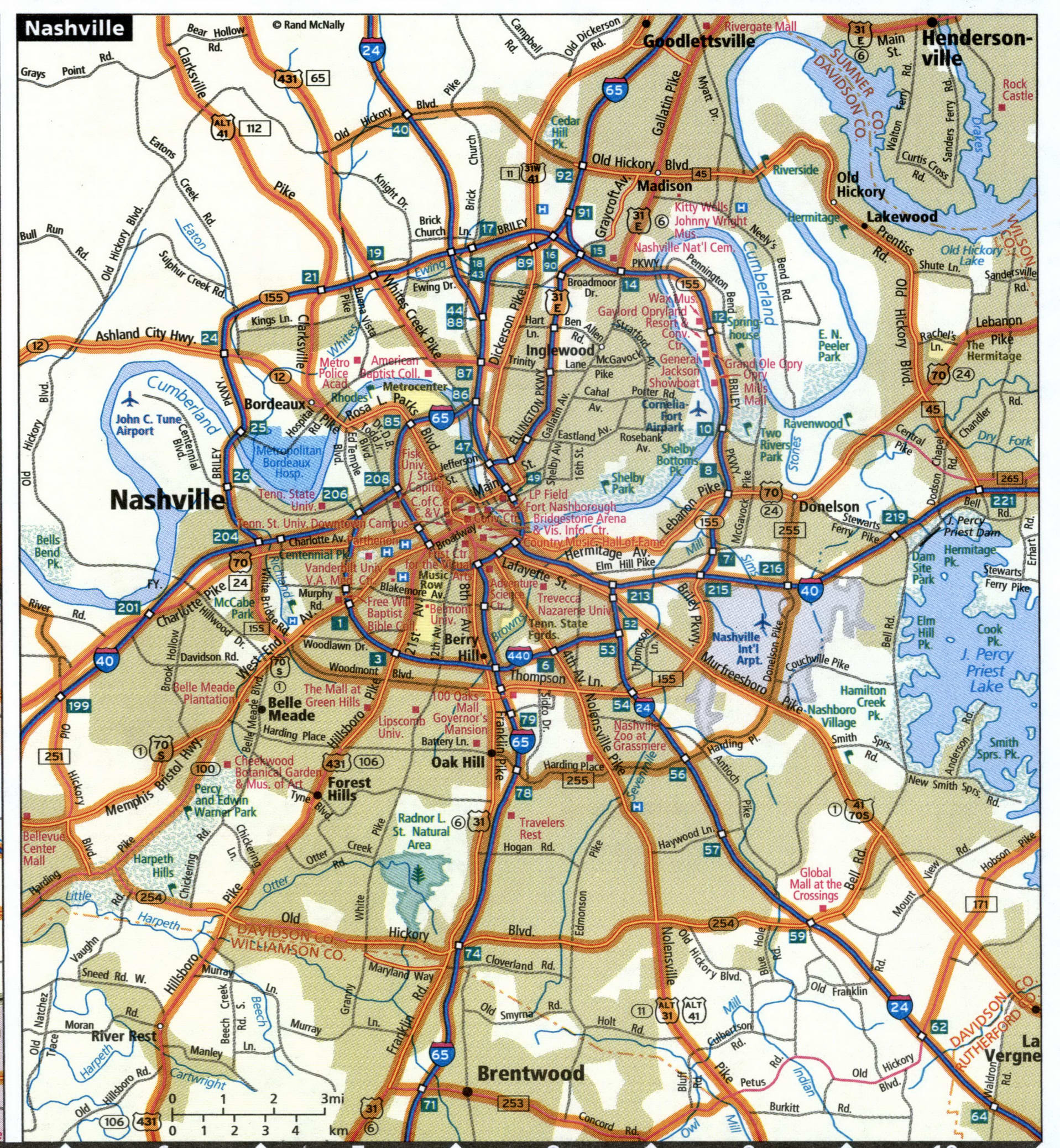
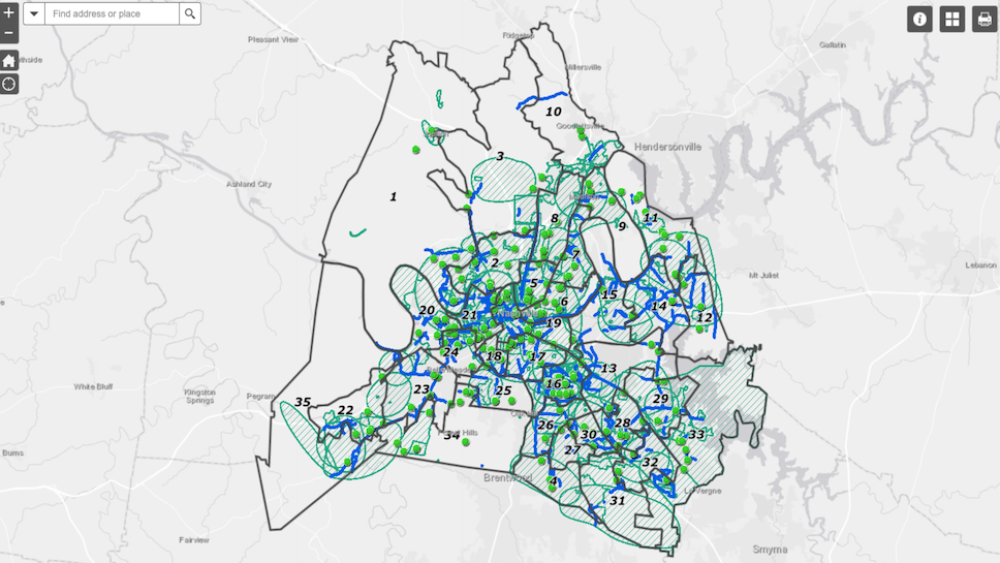
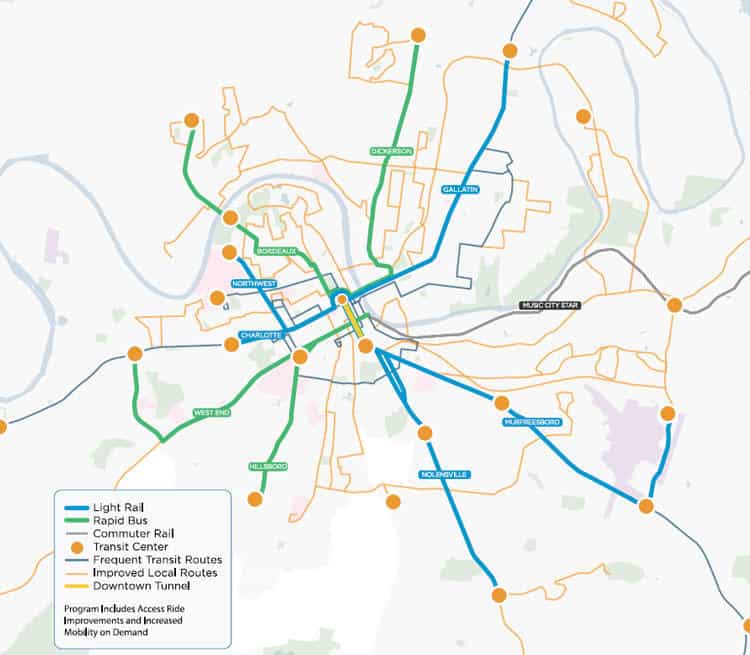
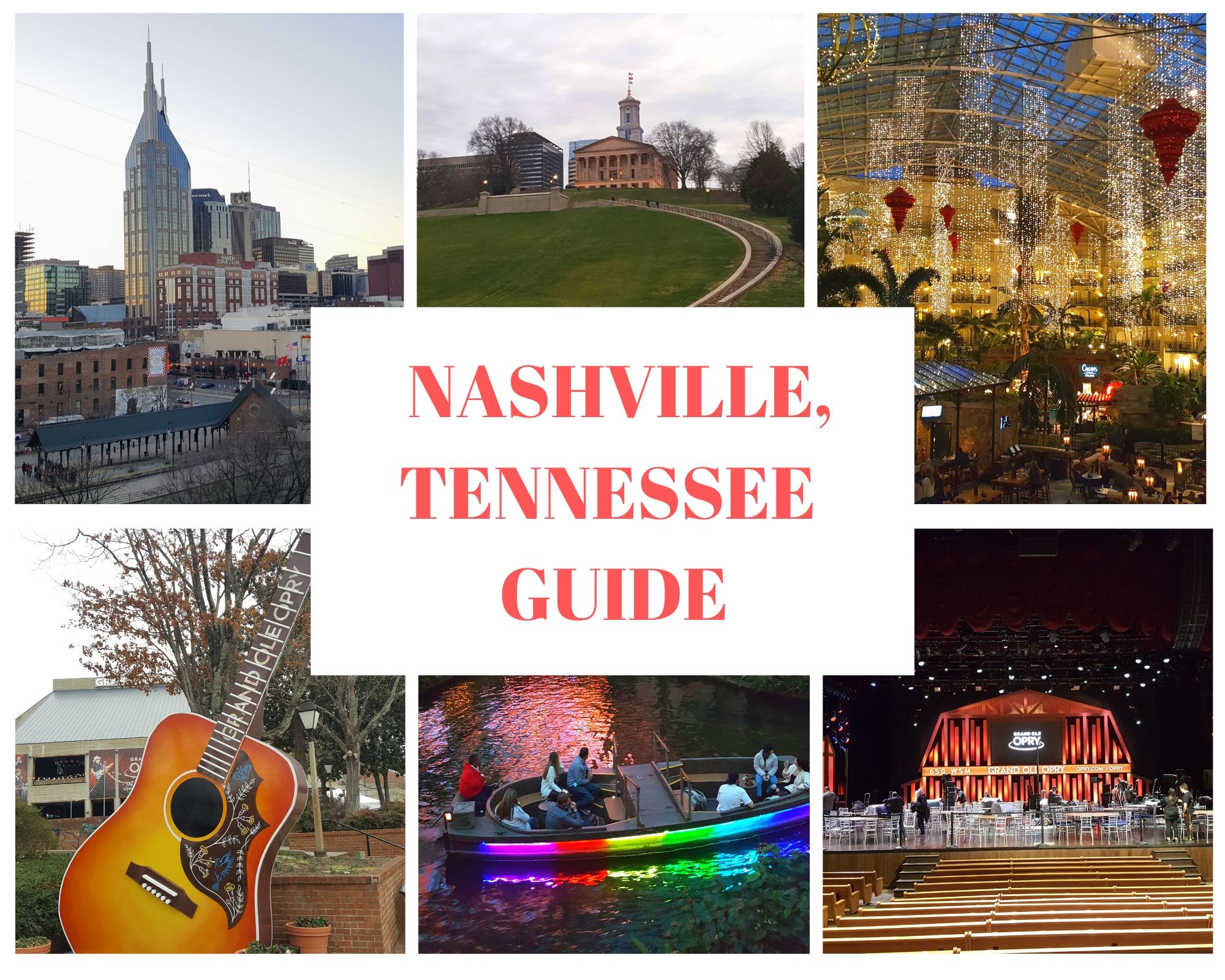
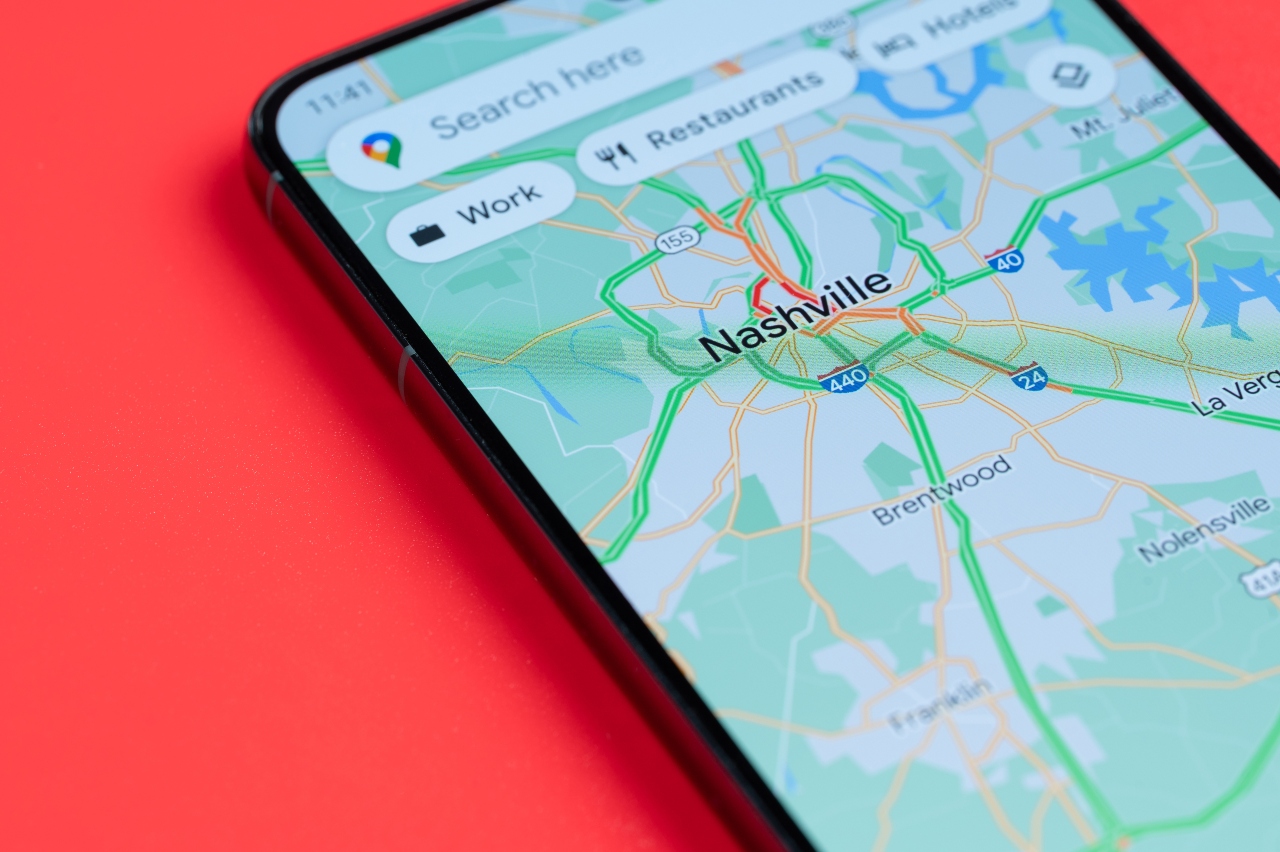
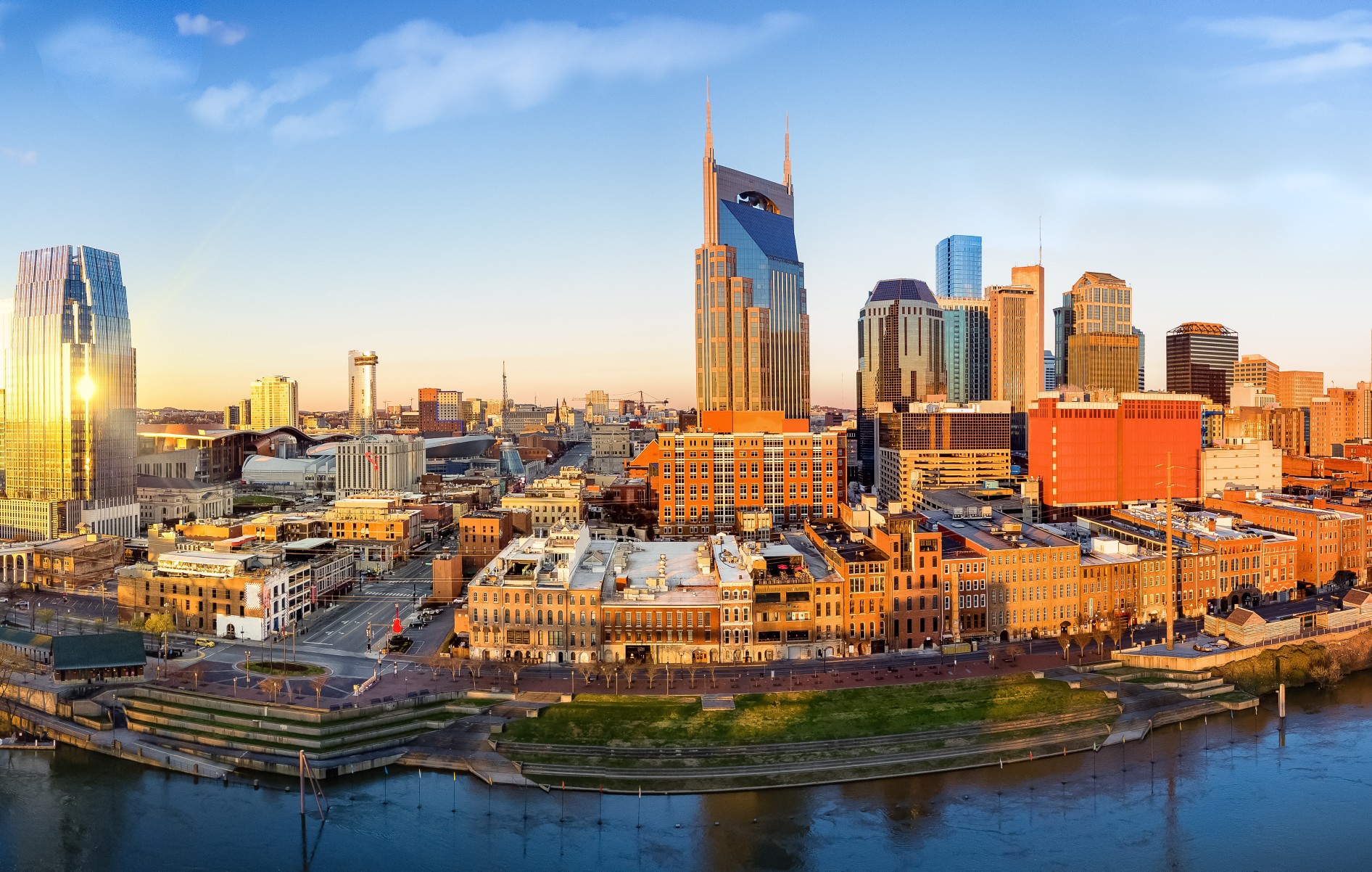

Closure
Thus, we hope this article has provided valuable insights into Navigating Nashville: A Comprehensive Guide to the City’s Road Network. We hope you find this article informative and beneficial. See you in our next article!